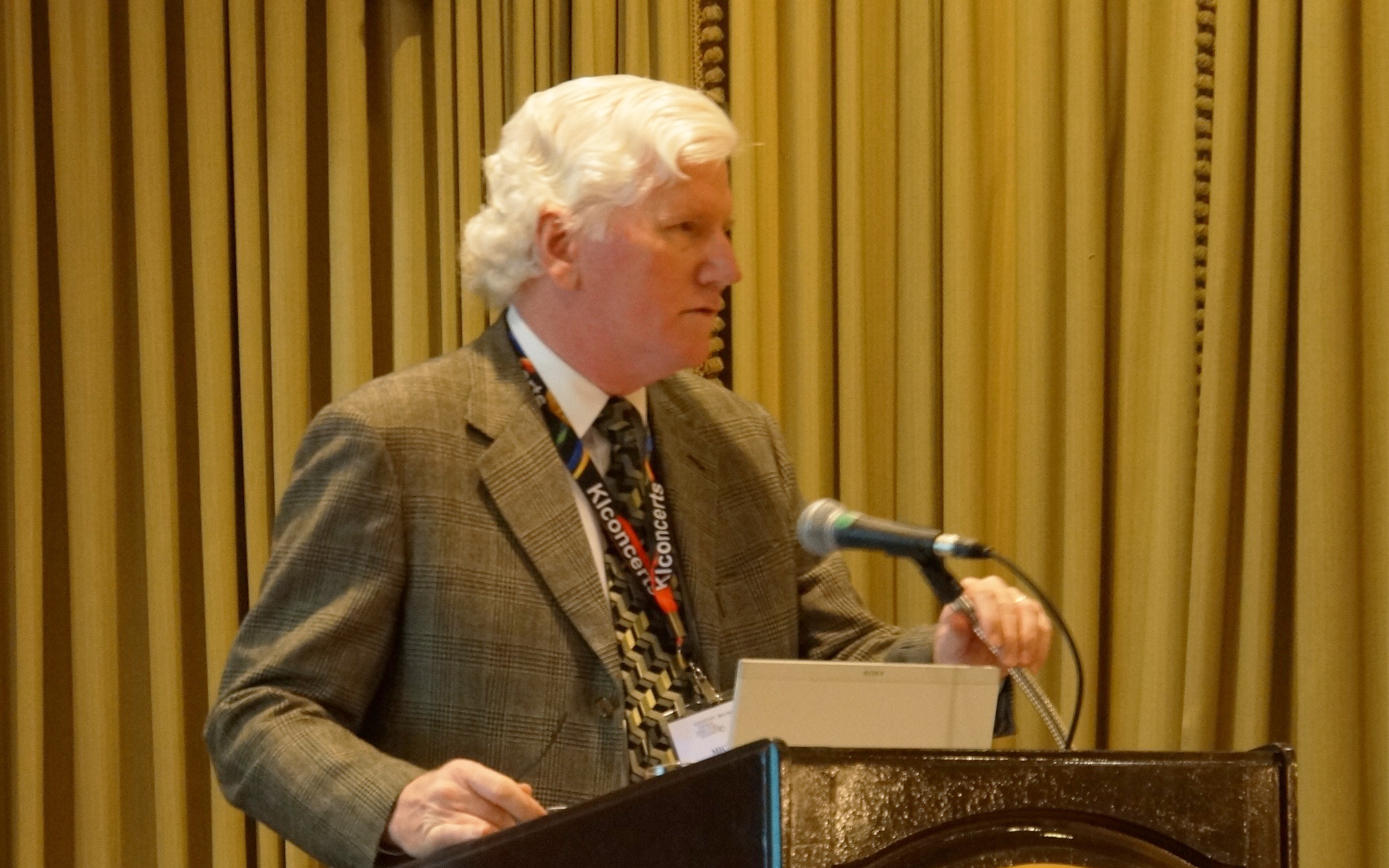August 2011
Dear friends,
Just having returned from the Ninth World Symposium on Choral Music in Puerto Madryn, Argentina, I find myself reflecting on what proved to be a true adventure.
Normally, when one attends a World Symposium, one expects to hear great choirs, attend educationally-focused lectures, examine the latest in publications, have tour opportunities, and see new gear from exhibitors, all in a beautiful and welcoming environment. This was all true of the experience in Argentina.
Our hundreds of Argentinean hosts, lead by Daniel Garavano, worked extremely hard against many odds to bring the world a Symposium that was worthy of our membership’s loyalty. Where the adventure came into play was through the world economic crisis, the turmoil of the Argentine political scene, and the Puyehue volcano in the Andes Mountains of southern Chile. Faced with increasing challenges, our colleagues fought on, and in the last week before the Symposium—when the volcano ash shifted back to the south of Argentina canceling flights—they seriously contemplated canceling the Symposium. Instead they opted for “plan B” to get over a thousand people to Puerto Madryn by bus—certainly an interesting addendum to the travel itinerary!
After five years of planning, this can only be viewed as an act of courage. It led to some problems with miscommunication, a modification of venues, and a certain amount of disorganization. They compressed the Symposium from eight days to six, and tried to convey to the participants and choirs a new daily schedule—a formidable task.
I have been to every World Symposium since the first in Vienna, and the Argentinean Symposium stands out as the most heroic by the organizing committee, participants, choirs, lecturers, and exhibitors. I want to thank everyone for their own personal defiance of the negative and their seeming never-ending quest for the positives that only a world Symposium can bring.
I shall never forget the opening night of Tango, the depiction of the founding of the Welsh community and its peaceful blending with the indigenous cultures, the orchestra and combined Argentinean choirs performance. The week was filled with outstanding performances by all the invited choirs, interesting and intriguing information conveyed by the guest lecturers, and the breadth of publications and opportunities displayed by the exhibitors.
It was important that IFCM went to South America. It fulfilled a long-standing core of IFCM’s mission: to exchange culture through choral music throughout the entire world. Our Latin American friends have always been key players in the world’s choral music scene, and I congratulate them for the persistence and tenacity that they displayed at this Symposium.
With my thanks to all,

Dr. Michael J. Anderson, IFCM President

